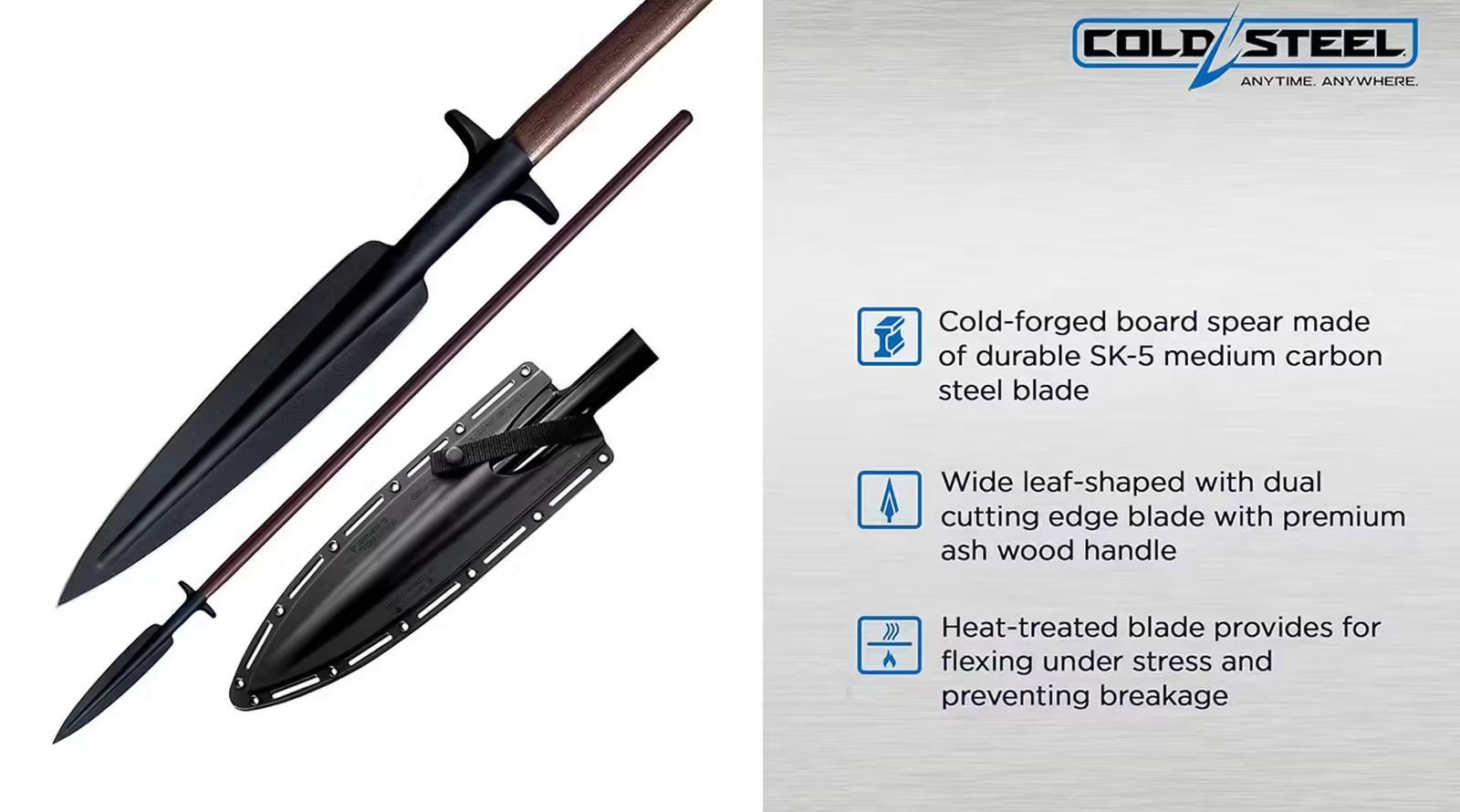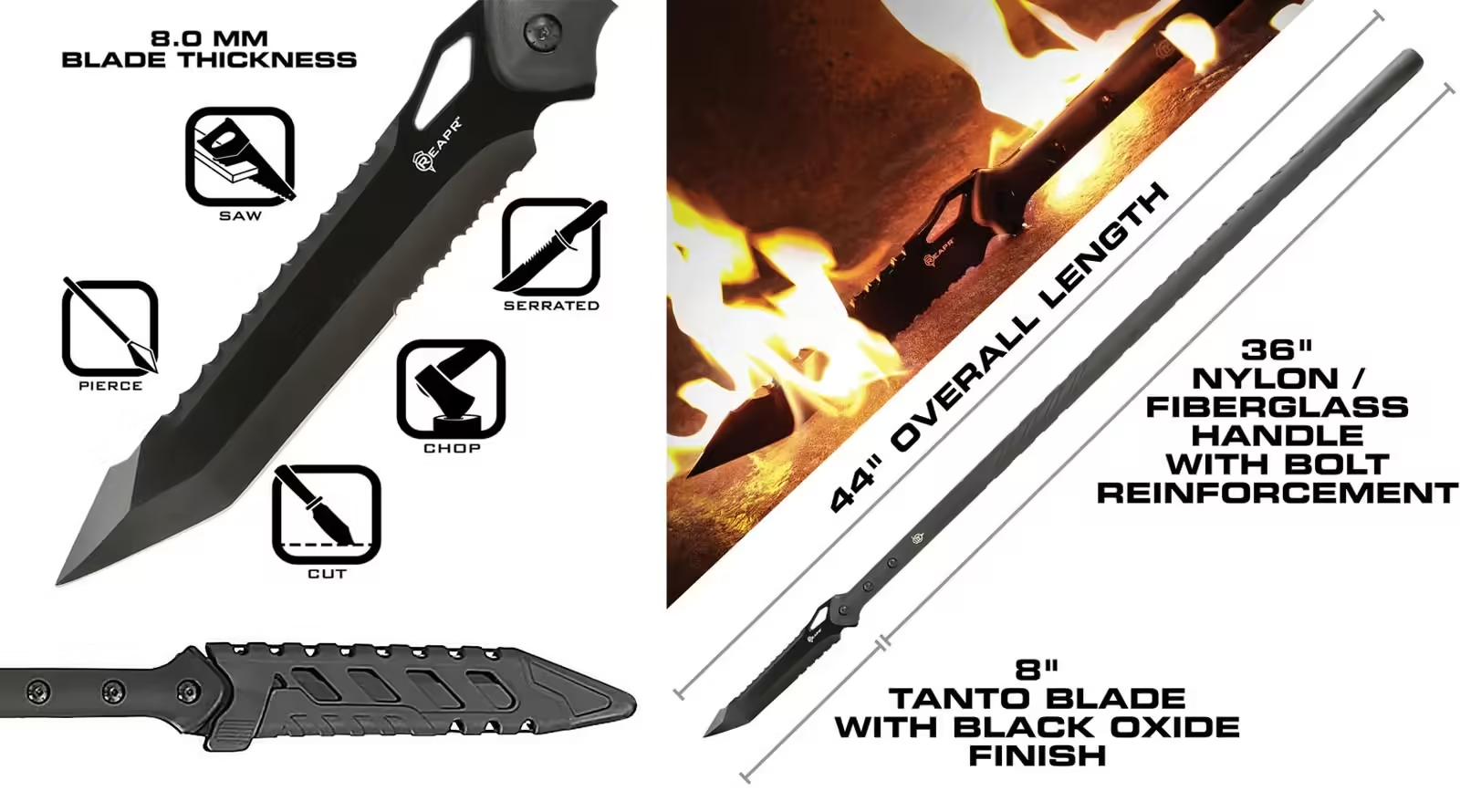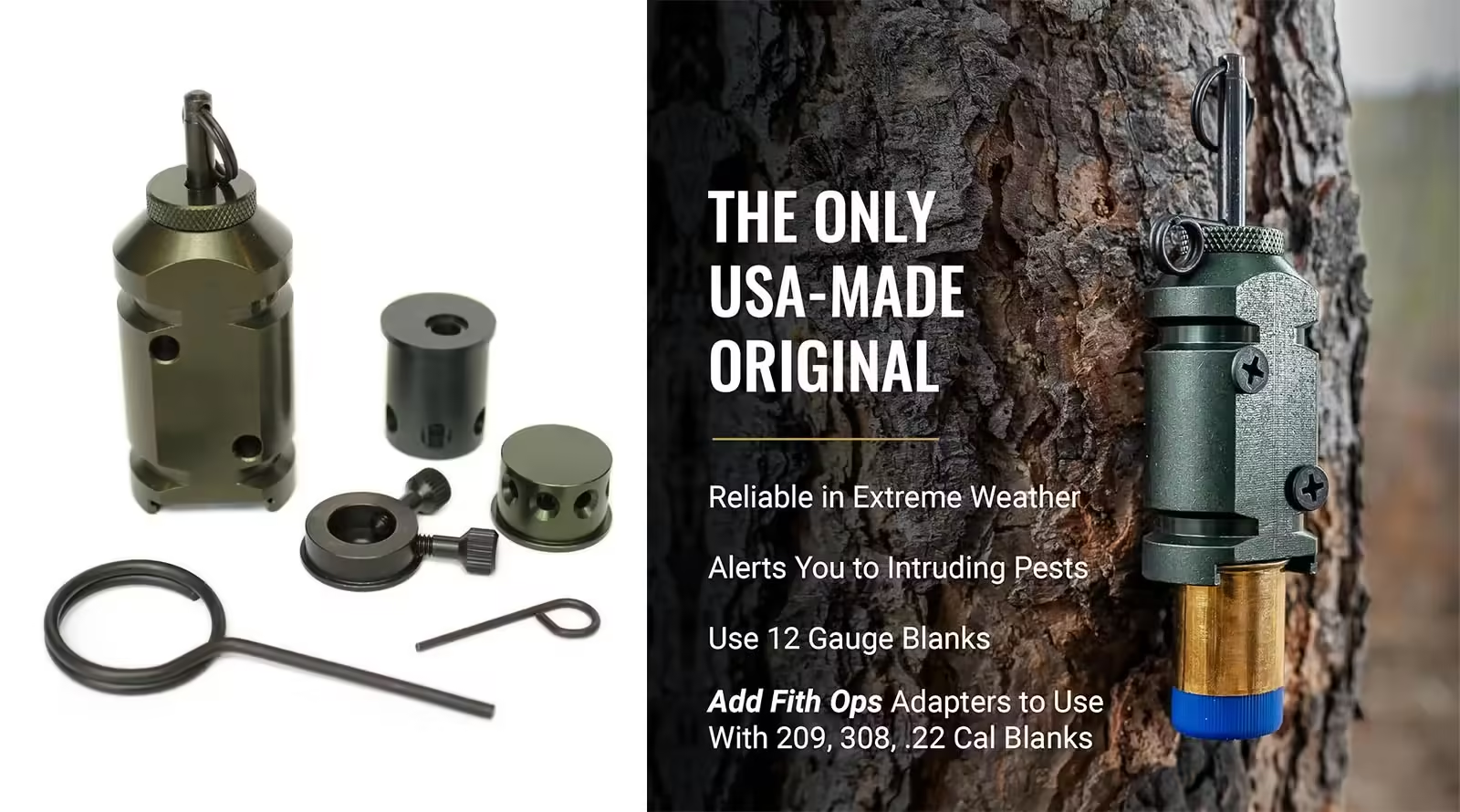Owning defensive weapons at home has always been a controversial issue in society. One attention-grabbing fact is that there are an estimated 400 million firearms in the United States alone, making it the country with the highest gun ownership per capita. This staggering statistic highlights the prevalence of defensive weapons in American homes and the potential impact they can have on individuals and communities.
Understanding the impact of owning defensive weapons at home requires a glimpse into its history. Throughout the centuries, humans have sought ways to protect themselves and their families. From ancient times when people used clubs and spears to modern firearms, defensive weapons have evolved alongside society’s changing needs and technological advancements.
In today’s world, where personal safety is a growing concern for many, owning defensive weapons at home takes on an even greater significance. The need for self defense arises from a multitude of factors, such as increased crime rates, home invasions, and other threats to personal security. As a result, individuals feel the need to take measures to protect themselves and their loved ones.
However, it is essential to consider the potential consequences of owning defensive weapons at home. According to a compelling statistic, firearms in households with a history of domestic violence are five times more likely to be used in a homicide than firearms in households without such a history. This statistic sheds light on the complex relationship between defensive weapons and violence, raising important questions about their role in ensuring personal safety.
Despite the potential risks associated with owning defensive weapons at home, many argue that responsible gun ownership can indeed enhance personal security. Proper training, secure storage, and adherence to legal regulations are crucial elements in minimizing accidental or unlawful use of firearms. By utilizing a solutions-oriented approach that focuses on responsible ownership, individuals can balance their desire for self defense with the necessary precautions to mitigate potential risks.
Understanding the impact of owning defensive weapons at home involves recognizing the multifaceted nature of this issue. It encompasses historical context, personal safety concerns, and societal implications. By critically examining both the benefits and drawbacks of owning defensive weapons, individuals can make informed decisions that align with their values and contribute to a safer and more secure society.
What is the Impact of Owning Defensive Weapons at Home?
Defensive weapons refer to any tools or devices that are used for personal protection and to actively ward off potential threats. Understanding the impact of owning defensive weapons at home encompasses comprehending the effects it has on personal safety, psychological well-being, and potential legal implications. Continue reading to explore in-depth explanations of these factors and gain a comprehensive understanding of the advantages and disadvantages associated with owning defensive weapons.
Understanding the Impact of Owning Defensive Weapons at Home
When it comes to personal safety, many individuals consider owning defensive weapons for protection. The impact of owning defensive weapons at home is a topic that has been debated extensively. Let’s dive into the various aspects of this subject and explore the potential consequences.
Enhanced Sense of Security
Owning defensive weapons can provide homeowners with an enhanced sense of security. Knowing that they have the means to protect themselves and their loved ones can alleviate fear and anxiety. This psychological impact can help individuals feel more empowered, especially in areas with high crime rates.
Protection against Intruders
One of the primary reasons individuals choose to own defensive weapons at home is to protect themselves and their property against potential intruders. A study conducted by the National Institute of Justice revealed that in about 60% of the surveyed burglary attempts, the presence of a firearms within the home deterred the intruders from proceeding with their criminal activities.
Increased Risk of Accidents
However, owning defensive weapons also comes with risks. The presence of firearms, for example, increases the likelihood of accidental injuries or deaths. According to the Centers for Disease Control and Prevention (CDC), unintentional firearm injuries accounted for approximately 1% of all unintentional fatalities in the United States.
Potential for Escalation
Another important aspect to consider is the potential escalation of violence. While defensive weapons are meant to provide protection, they can also be used impulsively or in moments of anger. Research by the American Journal of Public Health suggests that individuals who own firearms are more likely to experience self-directed violence, which includes suicides, compared to non-firearm owners.
Impact on Children
When defensive weapons are present in a household, there is an increased risk of accidents involving children. According to a study published in the journal Pediatrics, more than 70% of firearm-related deaths among children occur in the home. Proper storage and education are crucial to mitigating this risk, emphasizing the importance of responsible ownership.
A Statistical Perspective
Considering the impact of owning defensive weapons at home, it is essential to analyze the data objectively. According to a report by the Violence Policy Center, in the year 2019 alone, there were 397 unintentional firearm deaths in the United States. This statistic sheds light on the potential consequences of owning defensive weapons and reinforces the importance of responsible gun ownership.
Understanding the Impact of Owning Defensive Weapons at Home FAQ
FAQs:
1. Why should I consider owning a defensive weapon at home?
Owning a defensive weapon at home can provide a sense of security and protection for you and your family. It can act as a deterrent to potential intruders or attackers.
2. What types of defensive weapons can I consider for home defense?
Some common defensive weapons for home defense include handguns, shotguns, rifles, pepper spray, tasers, and batons.
3. Are there any legal considerations I should be aware of when owning defensive weapons at home?
Yes, it is important to familiarize yourself with the laws and regulations regarding the ownership, storage, and use of defensive weapons in your jurisdiction. Laws can vary, so it is crucial to comply with all applicable regulations.
4. How should I safely store a defensive weapon at home?
To ensure safety, defensive weapons should be stored securely in a locked container or a gun safe. Ammunition should be stored separately. It is essential to keep them out of reach of children or unauthorized individuals.
5. What are the potential risks of owning a defensive weapon at home?
There are inherent risks associated with owning a defensive weapon. Accidental discharge, misuse, or improper handling can lead to injuries or unintended harm. It is crucial to receive proper training and education on safe usage.
6. How can I learn to use a defensive weapon properly?
It is highly recommended to undergo training by a certified instructor to learn how to properly handle and use a defensive weapon. They can teach you the necessary skills, safety precautions, and legal responsibilities.
7. Can owning a defensive weapon make me more prone to violence?
Owning a defensive weapon does not automatically make a person violent. However, it is essential to have a responsible mindset and understand the legal and ethical implications of using force in self defense.
8. Are there alternative home security measures I can consider instead of owning a defensive weapon?
Absolutely! There are various non-lethal home security measures you can consider, such as installing an alarm system, reinforcing doors and windows, using security cameras, and maintaining good relationships with neighbors.
9. What should I do if I need to use a defensive weapon in a home invasion situation?
If you find yourself in an emergency situation, it is important to prioritize your safety. Contact emergency services immediately, follow any self defense laws applicable in your area, and cooperate with law enforcement once they arrive.
10. Can owning a defensive weapon provide complete protection at home?
No defensive weapon can guarantee complete protection. It is important to remember that owning a defensive weapon is just one aspect of home security. Adopting a comprehensive approach that includes other safety measures is crucial to enhance overall protection.
Conclusion
In conclusion, understanding the impact of owning defensive weapons at home is crucial for individuals and policymakers alike. The article has highlighted several key points and insights related to this topic. First, owning defensive weapons can provide a sense of security and peace of mind for homeowners, acting as a deterrent against potential intruders. However, it is important to acknowledge that the presence of weapons in a household also increases the risk of accidents, especially when there are children present. Responsible ownership, proper training, and secure storage are essential to mitigate these risks.
Furthermore, the article has emphasized the potential psychological consequences of owning defensive weapons at home. While some individuals may experience increased feelings of empowerment and control, others may face heightened anxiety and fear due to the responsibility and potential consequences associated with owning a weapon. Moreover, the availability of weapons can escalate conflicts and lead to tragic outcomes in domestic disputes or instances of self-harm. Therefore, comprehensive education and support programs should be established to address the psychological impacts and provide resources for individuals struggling with the emotional toll of weapon ownership.
Overall, understanding the impact of owning defensive weapons at home requires a balanced perspective that considers both the potential benefits and risks. It is imperative to implement regulations and safety measures that promote responsible ownership and minimize any negative consequences associated with the presence of weapons in households. By doing so, we can navigate the complexities surrounding weapon ownership and strive to create safer environments for individuals and communities.





